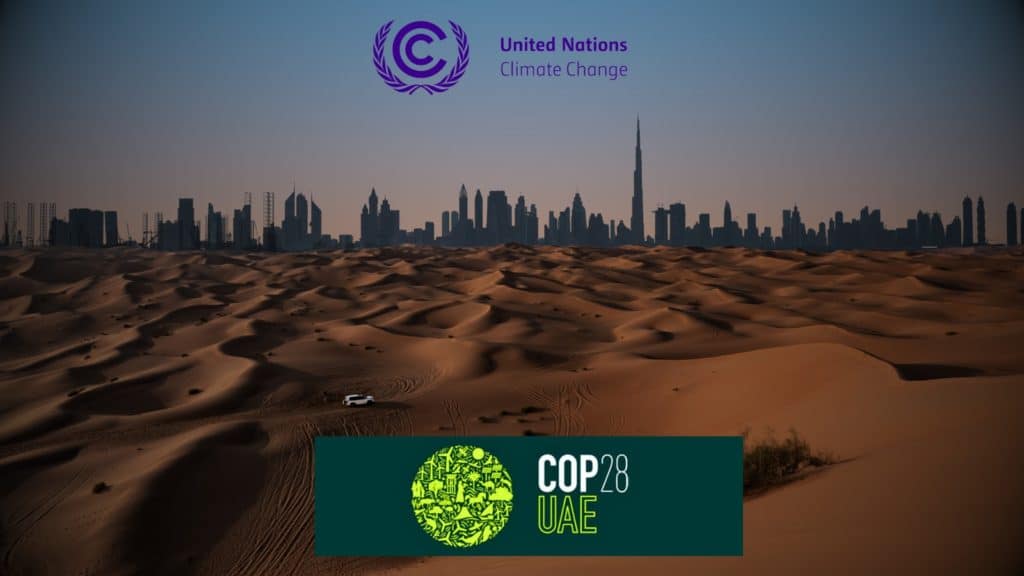Unveiling Realities and Aspirations
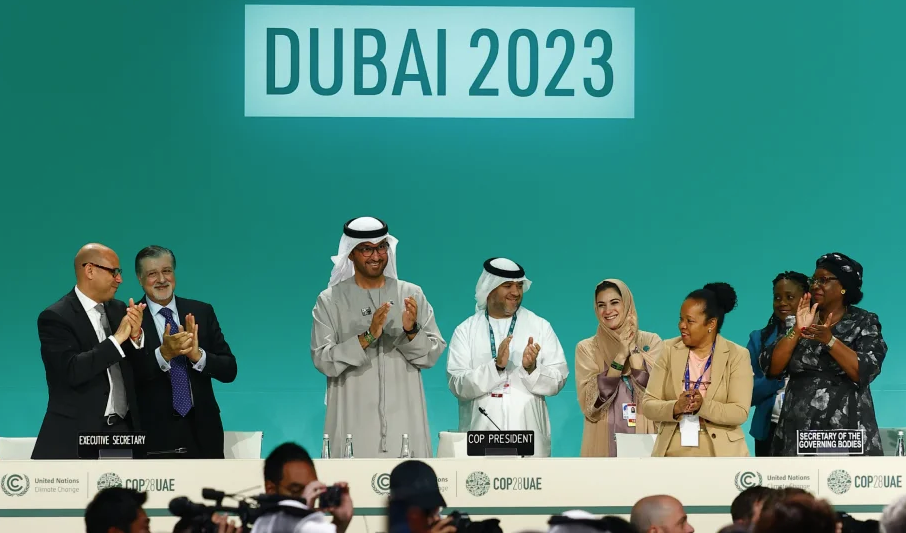
The conclusion of the UN COP28 summit in Dubai stands as a watershed moment in climate history. Additionally, a ground-breaking agreement signalling a global transition away from fossil fuels has been reached. This historic decision, unprecedented in the 30-year history of climate summits, boldly calls for a rapid departure from all forms of fossil fuels, encompassing coal, gas, and oil. However, beneath the surface of this momentous leap, notable caveats linger, allowing flexibility, and leaving room for fossil fuel-producing nations to maintain some flexibility.
Understanding the Agreement: Ambitions and Ambiguities
The COP28 agreement outlines ambitious goals, tripling global renewable energy capacity, and doubling energy efficiency.
Within this ambit, the need for a clear roadmap to facilitate the phase-out of fossil fuels and achieve net-zero emissions becomes paramount.
Despite these laudable goals, the language addressing fossil fuels lacks the decisive tone required for a comprehensive phase-out. Moreover, nuances surrounding the continued use of coal and transition fuels cast a shadow over the agreement’s potential impact.
Reactions and Perspectives: A Tapestry of Complexity

A diverse range of reactions emerged from key players, adding complexity to the evaluation of the COP28 outcomes. Some countries, like India, expressed contentment with the deal, emphasizing that it represents progress. However, questions persist, especially regarding the seemingly weaker stance on coal. The importance of recognizing incremental progress while acknowledging the need for more transformative changes is highlighted by various stakeholders.
Alliance of Small island states, arriving after the document approval, reject the outcome as a consensus decision. This raises concerns about the agreement’s legitimacy and inclusivity, particularly since the most affected nations were absent during the closing plenary.
- Global Feedback: The spectrum of reactions underscores the intricate nature of international climate negotiations, highlighting the need for nuanced perspectives.
Assessing the Impact: The Global Context
To gauge the significance of the COP28 deal, it’s crucial to assess the broader context of global efforts to combat climate change. The agreement’s potential to send a powerful signal to governments and investors about the declining era of fossil fuels is noted. Nevertheless, the scale of the challenge is immense, as highlighted by the alarming carbon dioxide emissions and the urgent need for drastic reductions to limit global warming.
- Time-Critical Imperative: COP28’s goals are juxtaposed against the pressing need for swift and decisive actions to avert climate catastrophe.
The Clock is Ticking: Urgency in Focus
The urgency of addressing climate change is front and centre in the ambitious targets set by the COP28 agreement. While acknowledging progress, the reality of daily carbon dioxide releases magnifies the challenges. The daunting task of halving emissions by 2030 and achieving net-zero by 2050 necessitates unprecedented efforts and global collaboration.
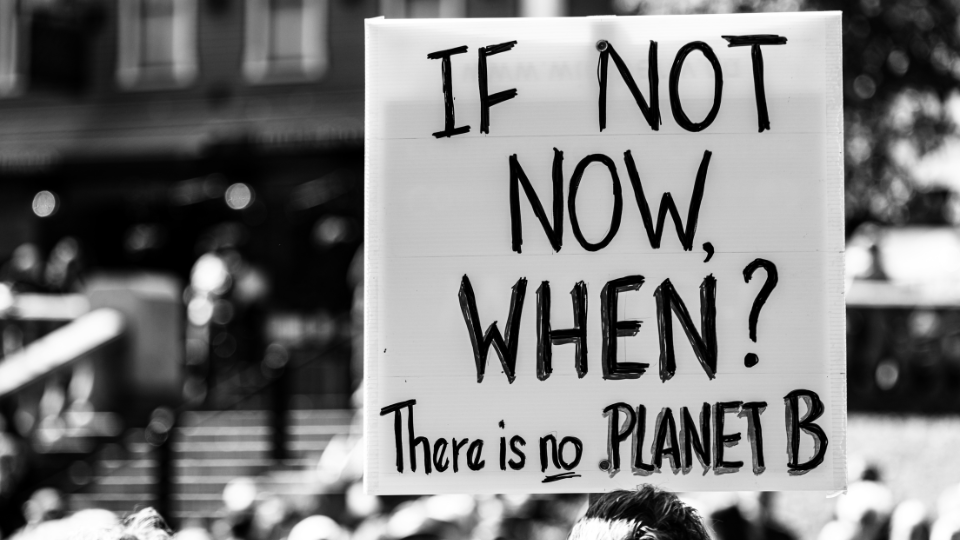
- Time-Critical Imperative: COP28’s goals are juxtaposed against the pressing need for swift and decisive actions to avert climate catastrophe.
Fossil Fuels and Future Pathways: A Delicate Balancing Act
Exploring the intricacies of fossil fuel usage and future scenarios is pivotal in understanding COP28’s implications. Additionally, examination of global oil production and varied visions for the future exposes the delicate balance between ambitious goals and market trends. Questions arise about the feasibility of achieving substantial reductions in fossil fuel use.

- Path to Transition: The intricate dance between ambitious goals and market dynamics raises critical questions about the viability of substantial reductions.
Good News on the Climate Front: A Silver Lining
Amidst the challenges, positive developments emerge on the climate front (Source IEA). Projections indicate a decrease in global carbon emissions, defying earlier expectations of an indefinite rise. Furthermore, advances in wind, solar, and battery technologies contribute to this positive trend. The exploration of different pathways for carbon emissions provides a glimmer of hope amid complex negotiations.

- Positive Momentum: Despite challenges, advancements in renewable technologies signal a positive shift, injecting optimism into the climate discourse.
Navigating Net Zero: The LEGO Challenge of Phasing Out Fossil Fuels

Exploring the challenge of cutting fossil fuels and achieving Net Zero, Sky News’ Ed Conway draws a compelling analogy with Lego. Derived from fossil fuel-based ABS plastic, Lego blocks exemplify the efficiency of fossil fuel products. Despite attempts to create fossil fuel-free alternatives, current options prove more energy-intensive. This underscores the difficulty in replacing fossil fuels, particularly in crucial applications like aviation fuel and fertilizer production. Data from IEA, as highlighted by Sky News, emphasizes the global dependence on fossil fuels, which constitute 80% of current energy sources. Even in optimistic 2050 projections, a significant reliance on fossil fuels persists, revealing the formidable challenge of complete phase-out. The pivotal role of fossil fuels in manufacturing and energy further complicates the transition. Achieving net-zero emissions demands innovative solutions for a sustainable future.
Energy Disparities and Development Goals: A Global Call for Equity
Beyond fossil fuel discussions, COP28 brings attention to energy disparities and development goals among nations. Furthermore, disparities in energy per capita reveal a substantial gap between developed and developing countries. Challenges faced by nations striving to increase energy access while aligning with global climate goals underscore the need for a comprehensive approach addressing economic and environmental concerns.
- COP28 highlights the critical need for a holistic approach that bridges the gap between economic development and environmental sustainability.
Rethinking Approaches: From COP21 to COP28
Reflecting on the journey from the Paris COP21 agreement to the recently concluded Dubai COP28, a cyclical pattern of negotiations, amendments, and disagreements becomes apparent. Despite positive strides, a lingering question arises: Why not explore more efficient ways for nations to establish a common text, possibly through a binding agreement, before the COP meeting begins? Envisioning a future where political lobbying takes a back seat to collaborative, pre-established agreements could pave a smoother path toward global climate goals. This isn’t merely a wish; it could be the key to expediting our collective response to the climate crisis.
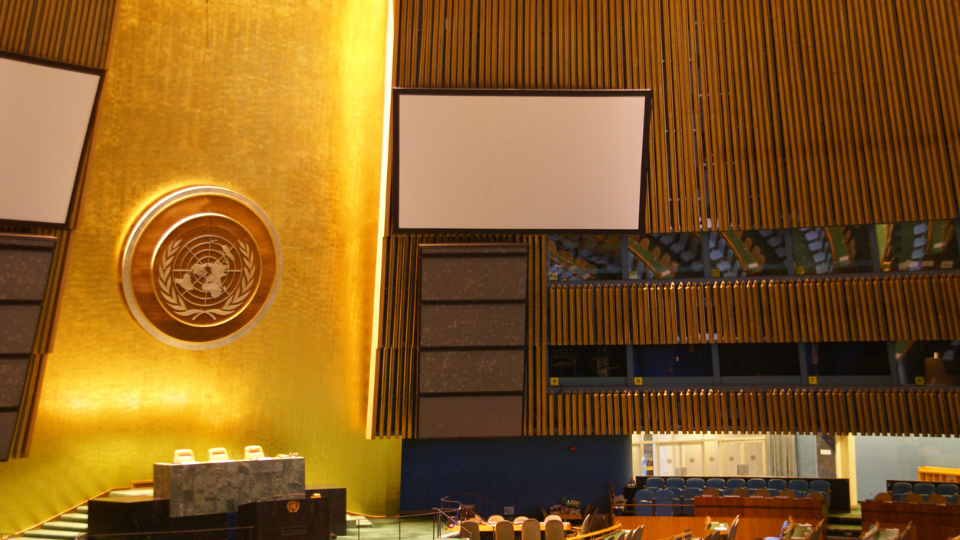
- The cyclical nature of negotiations prompts a call for more efficient approaches, possibly through binding agreements before UN COP meetings, to accelerate global climate goals.
Conclusion: Shaping the Trajectory of Climate Policies
The UN COP28 Dubai deal, proclaiming a historic transition from fossil fuels, marks a significant milestone in the global fight against climate change. Ambitious targets notwithstanding, concerns arise due to nuanced language and potential loopholes. The urgency of the climate crisis emphasizes the need for ongoing scrutiny, collaborative efforts, and a commitment to transformative actions for a sustainable future. As the world watches, the outcomes of COP28 will undeniably influence the trajectory of international climate policies, shaping the fate of future generations.
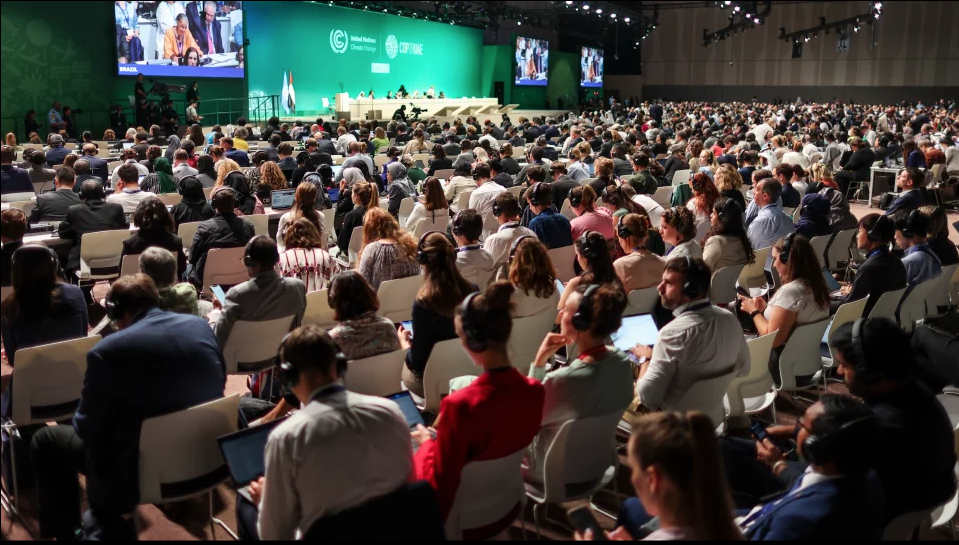
Author’s Note by Sid Bensalah
As we navigate the complexities of global climate negotiations, the call for more efficient and proactive approaches to reaching common ground among nations becomes increasingly urgent. Establishing binding agreements before COP meetings is not just theoretical; it’s a pragmatic proposal that could redefine the landscape of international collaboration on climate change. Sid’s believes that a shift towards such a model may hold the potential to break the cyclical nature of negotiations and accelerate meaningful action in our collective pursuit of a sustainable future. As the world watches, the outcomes of COP28 will undoubtedly shape the trajectory of international climate policies and the fate of future generations.
Recognizing impacts on diverse sectors, like sports, is essential amid global climate efforts. The recent “Climate Challenges for the Sports Industry” post illuminates unique responsibilities amid COP28. As discussions advance on transitioning from fossil fuels, industries, including sports, must adapt for a sustainable future. The interconnectedness stresses a collective response to climate challenges, fostering a holistic approach to sustainability.
- We invite you to share your thoughts and insights on COP28 and the global efforts to combat climate change. Your perspective contributes to the ongoing dialogue on securing a sustainable future for our planet.


